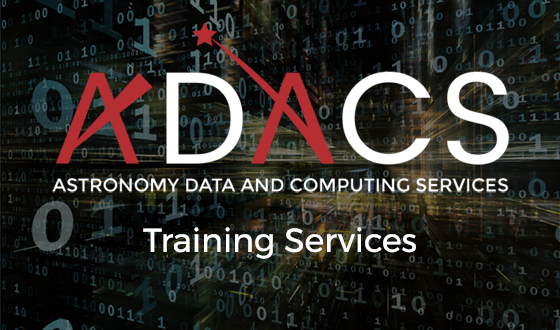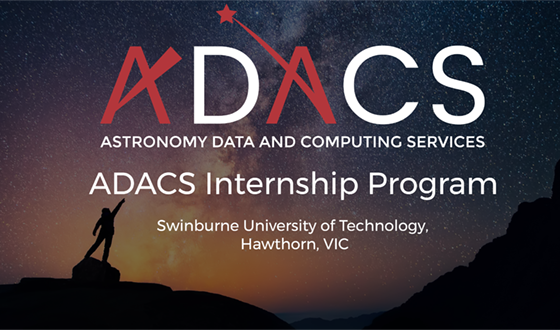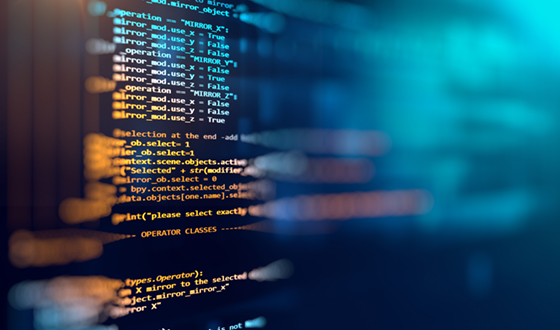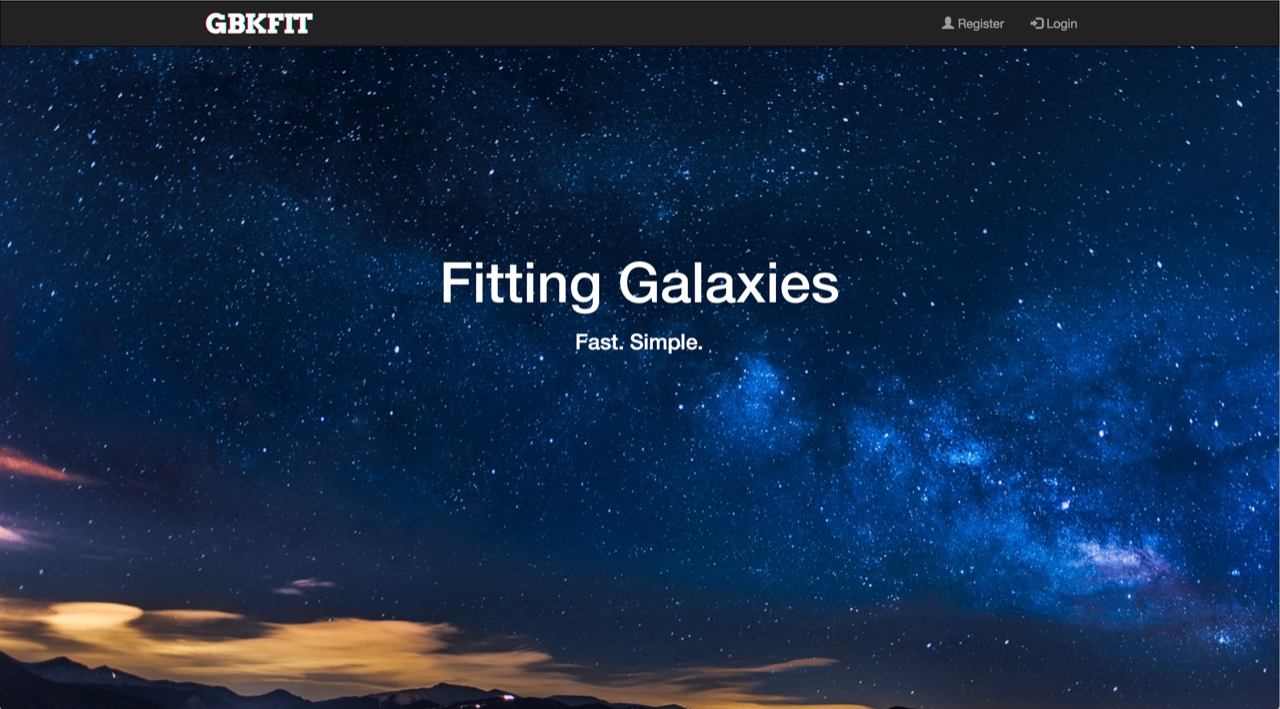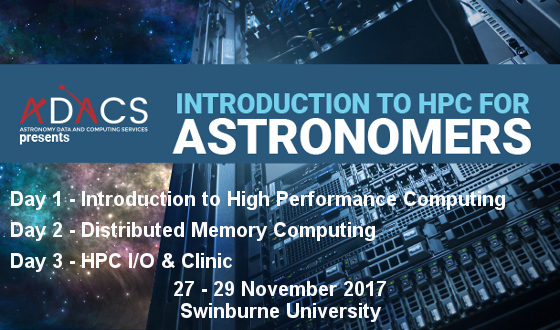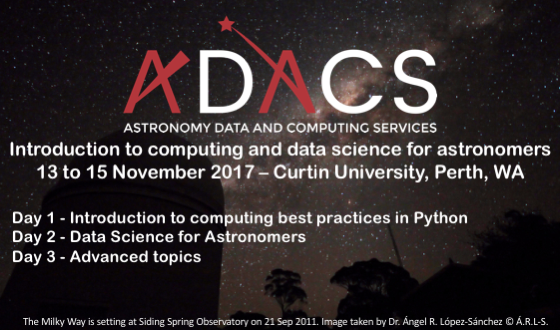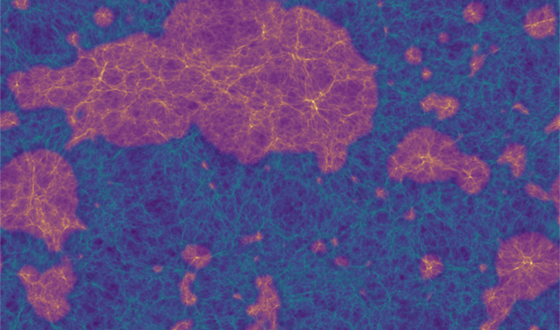New ADACS YouTube channel
Our webinars are now available on YouTube!
ADACS LMS: online webinars
Astronomy Data and Computing Services (ADACS) is an initiative by…
ADACS Internship Program 2018 – Call for Applications
Applications are due by 5 PM AEST Friday 20th April 2018
ADACS Software Support Services – 2018A Semester Projects
The ADACS TAC has selected three projects for support this…
Simplifying access to High-Performance Galaxy Modelling
Using software support resources acquired under the 2017B semester of the ADACS Software Support scheme, ADACS has enabled an outward-facing user interface for GBKFIT: a publicly-available application for kinematic galaxy modelling. Features include a range of accepted data inputs (including flux, velocity, and velocity dispersion maps, as well as spectral cubes) and kinematic models (including exponential, flat, arctan, Epinat, and more), all wrapped in a secured web application (including a relational database and workflow management system) enabling providing support for a rich user community.
Deadline Extension – Scientific Computing and Software Development Services – EOI – 2018A
Within Q1/2 2018, ADACS will provide the equivalent of a minimum of 1 full-time computational scientist as a resource to the community. A diversely qualified team will participate, with expertise covering a variety of areas including (but not limited to): system analysis and design, scientific computing, high-performance computing, data science, web development, large-scale scientific databases, cloud computing and scientific visualization.
Introduction to High Performance Computing (HPC) for Astronomers
The course is aimed at postgraduate students and researchers who want to learn more about high-performance computing.
No previous knowledge is assumed and you can register for some or all of the sessions. However, please be aware that the different sessions follow on from each other.
Introduction to computing and data science for astronomers
This 3-day workshop is aimed at postgraduate students and ECRs who might not have had formal computational training and would like to get up to speed. Practical examples in the workshop are taken from observational astronomy, however, participation is open to all Australian astronomers.
Speeding-up Reionization with GPUs
Using software support resources acquired under the 2017B semester of the ADACS Software Support scheme, Dr. Simon Mutch of the University of Melbourne has partnered with ADACS in the effort to supply accurate theoretical models capable of predicting the progression of this transition, and of interpreting these exciting observations once they become available.

